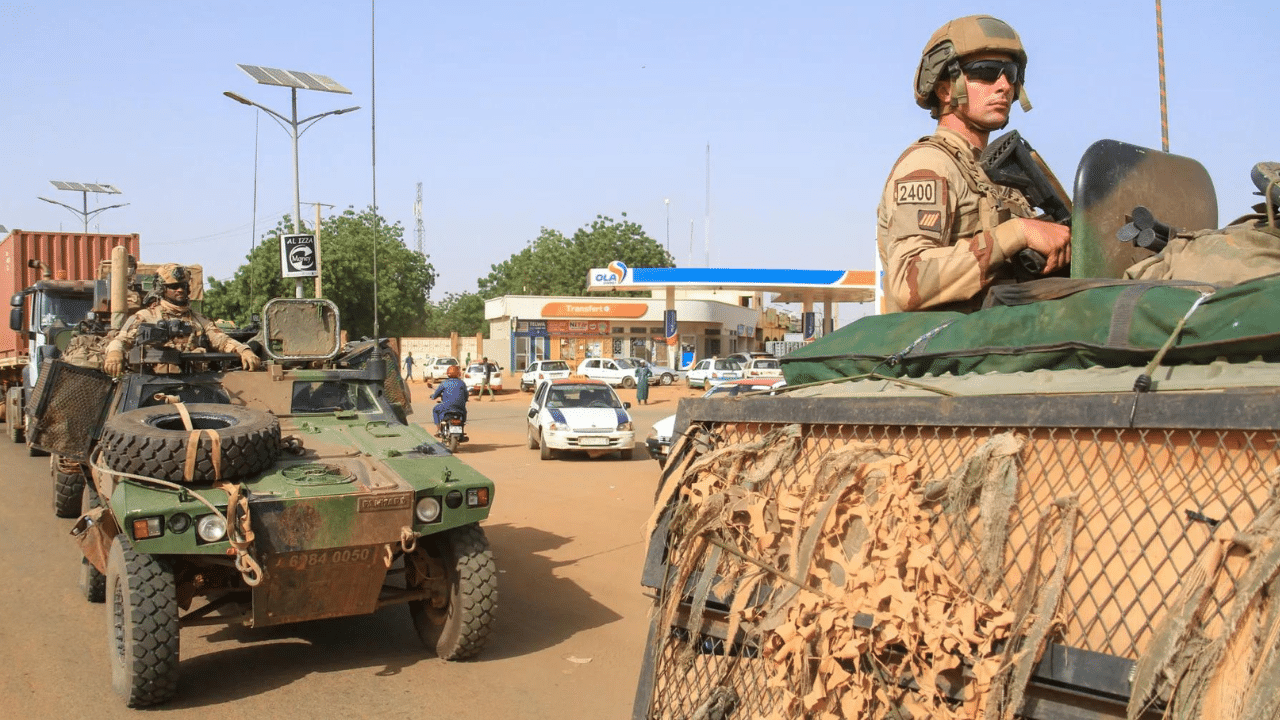Washington formally declared the July 26 ouster of Nigerien President Mohamed Bazoum – and the subsequent establishment of a miliary junta in Niamey – a coup d’etat on Tuesday. The junta, called the National Council for the Safeguard of the Homeland (CNSP), is led by Gen. Abdourahamane Tchiani. Per US law, this designation means the US will indefinitely cut off all military assistance, including counterterrorism and training missions.
Senior White House officials told reporters the decision comes after Washington had exhausted all other options “to preserve the constitutional order” in the West African nation.
“Any resumption of US assistance will require action… to usher in democratic governance in a quick and credible timeframe,” State Department spokesman Matthew Miller said. Kathleen FitzGibbon, the American ambassador, remains in the country and is in communication with the CNSP regarding US staff protection and logistical issues.
The US suspended all drone flights in the immediate aftermath of the coup, but resumed intelligence, surveillance, and reconnaissance flight operations last month. This was done in order to maintain “force protection” while some troops and assets were being relocated from Air Base 101 in Niamey. Their destination was 570 miles to the northeast, Agadez city’s Air Base 201.
The US will continue flying drones out of Air Base 201 for intelligence purposes ostensibly to protect the over 1,000 American troops still deployed in Niger.
As a senior US official told the Wall Street Journal, the Joe Biden administration has not decided whether it will move the base elsewhere in another country or simply close it. Investigative journalist Nick Turse – who specializes in covering US military operations across the African continent – described Air Base 201 as “the linchpin of the US military’s archipelago of bases in North and West Africa and a key part of America’s wide-ranging intelligence, surveillance, and security efforts in the region.”
The Defense Department explained it will determine future troop levels based on conditions in the country as well as the scope of the “terrorist threat” in the Sahel. White House officials explained the troops will remain to monitor threats “more broadly in the region.” Washington has spent $500 million on beefing up Niger’s military during the past decade, providing training and equipment such as armored personnel carriers and surveillance planes.
Additionally, on Tuesday, French military forces in Niger began their withdrawal. After the coup, tens of thousands of Nigeriens protested outside a French military base in the capital city ordering these troops to leave their country. Paris, Niger’s former colonial ruler, expects to have completely pulled its forces – roughly 1,500 troops – out of Niger by the end of the year. “The first troops have left,” a spokesman for the French chief of staff told AFP.
The junta had been demanding a French diplomatic and military withdrawal, which last month President Emmanuel Macron conceded would take place. Paris had previously refused to leave the country and supported threats made by the Economic Community of West African States (ECOWAS) to militarily intervene and reinstall Bazoum, whom is currently living under house arrest.
“The [French] troops based in Ouallam have left their base today. These are the operations for the departure of the first ground convoy in the direction of Chad, escorted by our defense and security forces,” authorities in Niamey elaborated in a televised statement.
The prospect of a war to reinstall Bazoum became a riskier proposition in September after Niger, Mali, and Burkina Faso signed a charter establishing a mutual defense pact dubbed the Alliance of Sahel States.

































